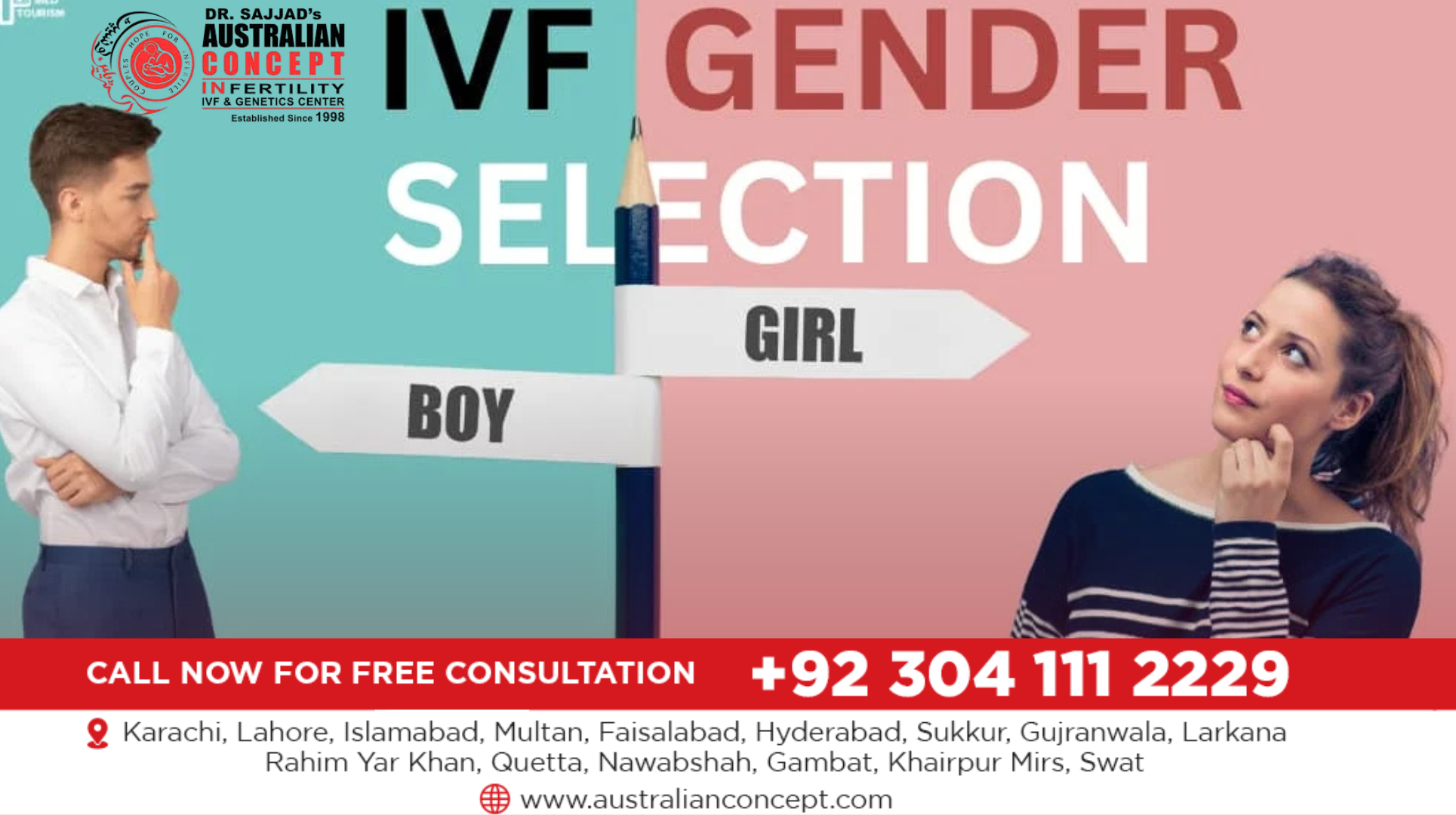What Are the Ethical Considerations of Gender Selection in Lahore

Gender selection, also known as family balancing, is a technique used in assisted reproductive treatments such as IVF. While the technology is available in many fertility centers, the subject raises important ethical questions. In Lahore, where family values and cultural traditions play a strong role, the decision to pursue gender selection often requires careful thought from both medical and moral perspectives.
Understanding Gender Selection
Gender selection involves advanced laboratory techniques, such as Preimplantation Genetic Testing (PGT), which allows doctors to identify the genetic makeup of embryos before transferring them into the uterus. This can help in choosing the desired gender, but it also brings forward concerns about how and why the technology is used.
Cultural and Social Perspectives in Lahore
In many societies, including Lahore, cultural expectations around family composition can influence decisions. Some families may prefer sons due to traditional beliefs about inheritance, financial support, or social standing. Others may seek daughters to balance their family. However, when gender preference becomes a driving factor, ethical challenges surface, particularly if it reinforces harmful gender biases.
Medical Ethics and Professional Responsibility
Healthcare providers in Lahore emphasize that gender selection should not be misused. Ethical medical practice requires that procedures are offered for valid medical or family-planning reasons rather than social pressures. For instance, preventing the transmission of gender-linked genetic diseases is a widely accepted medical use of gender selection. Clinics must balance patient autonomy with their responsibility to uphold fairness and avoid practices that encourage discrimination.
Religious and Moral Considerations
Ethical debates in Lahore also draw from religious and moral perspectives. Many scholars argue that natural gender balance is part of divine design, and interfering with it for non-medical reasons may conflict with religious values. Others believe that if the technology is used responsibly, such as for preventing genetic disorders, it can be acceptable. Families often consult both medical specialists and religious advisors before making a decision.
Legal and Regulatory Concerns
Currently, gender selection regulations in Pakistan are limited, but there is growing awareness about the need for ethical guidelines. Best Fertility clinic in Lahore are increasingly adopting self-regulation, ensuring that the procedure is offered responsibly and transparently. Without clear laws, however, the potential for misuse remains a concern, making ethical decision-making even more important.
Psychological and Emotional Implications
Couples who undergo gender selection may face emotional pressures. If the chosen procedure fails or if family expectations are not met, it can lead to stress, guilt, or even family conflict. Ethical considerations extend beyond the medical procedure itself to the emotional well-being of the couple and the potential child.
Striking a Balance
The debate on gender selection in Lahore revolves around finding balance. While science offers advanced tools to help families, it is crucial to ensure these are used with respect for ethical boundaries. Responsible counseling, transparent practices, and awareness of cultural and religious sensitivities can help families make informed and ethical choices.
Conclusion:
Gender selection in Lahore is more than just a medical option it is a decision that touches cultural, religious, and ethical values. While technology makes it possible, the way it is used defines its moral standing. Families considering this option should carefully weigh the ethical implications and seek professional guidance to ensure their choices align with both their values and the broader good of society.

